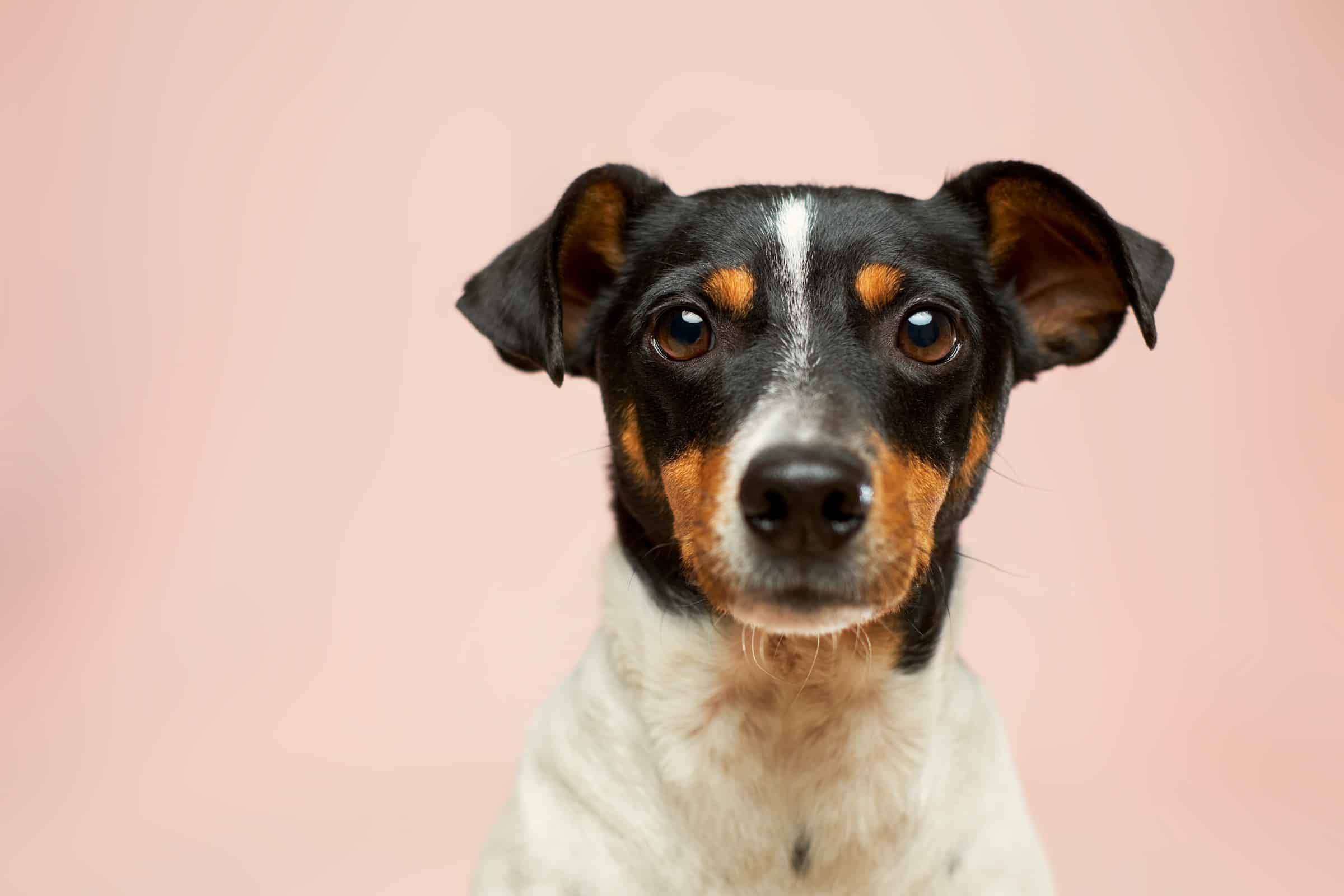How Can You Socialize a Puppy During a Pandemic with Social Distancing?

In these unprecedented times marked by a global pandemic, many of our common routines have been disrupted, even the way we socialize our pets. The act of socialization is integral to a puppy’s upbringing, shaping their behavior and interactions with people and other dogs. But how does one go about it during times when social distancing is the norm? The good news is, socializing your puppy doesn’t always require physical interaction. With some creativity, patience, and positive reinforcement, you can still help your pet become a well-adjusted member of your family and the wider community. Below, we delve deeper into how you can socialize your puppy during a pandemic.
The Importance of Puppy Socialization
Before we delve into the methods of socializing your puppy during a pandemic, let’s first understand why socialization is so critical. Socialization involves exposing your puppy to a variety of experiences, environments, people, and other animals in a controlled and positive manner. This process helps your puppy understand the world around them, learn how to interact appropriately with others, and become a confident and well-rounded dog.
A découvrir également : How to Successfully Teach a Pomeranian Puppy the ‘Quiet’ Command to Prevent Excessive Barking?
Socialization during your puppy’s formative weeks, typically between 3 and 16 weeks of age, has lifelong implications. Without proper socialization, dogs can develop behavioral issues such as fear, aggression, or anxiety. But socializing your puppy during a pandemic, when direct interaction with others is limited, can seem like a daunting task. It requires a different approach, but it is entirely possible.
Leveraging Technology for Puppy Socialization
In the age of technology, we have a myriad of tools at our disposal that can aid in puppy socialization, especially during a pandemic. Video calls, for instance, can help expose your puppy to new faces and voices. Arrange video calls with friends or family and encourage them to use their pets during these sessions. This will not only familiarize your puppy with different people but also introduce them to the concept of other dogs. It’s important to remember that these virtual interactions should be kept positive and free from overwhelming sounds or sudden movements.
A lire aussi : How to Manage the Dietary Needs of a Corn Snake with Metabolic Bone Disease?
In addition to video calls, there are numerous dog training apps available that include a variety of sounds that you can use to help desensitize your puppy to noises they may encounter in the real world. These sounds might include car horns, children playing, or other dogs barking.
Incorporating Safe Outdoor Experiences
Although the pandemic may limit your puppy’s interactions with others, it doesn’t mean you can’t still take them outside. In fact, walks can be beneficial not just for their physical health, but also for their socialization. On your walks, remember to keep a safe distance from others but use the opportunity to expose your puppy to different sights, sounds, and scents. They might not be able to play with other dogs or people directly, but they can still observe them from a distance.
Keep in mind that every new experience is a learning opportunity for your puppy. Whether it’s seeing other dogs, people, or even cars, these experiences can help broaden their understanding of the world. Always remember to make these new experiences positive for your pet. Use treats to reward your puppy for calm and appropriate behavior during these outings.
Training and Positive Reinforcement at Home
When it comes to puppy socialization, training forms a significant part of the process. Training your pup at home allows you to strengthen your bond with them while teaching them essential commands and manners. A well-trained dog is often more confident and adaptable, which will be beneficial when social distancing measures are lifted.
Training can be as simple as teaching basic commands like ‘sit’, ‘stay’, ‘come’, and ‘leave it’. Also, consider crate training to help your puppy feel secure in their own space. Always use positive reinforcement during training sessions. This could be in the form of treats, toys, praise, or even a belly rub. Remember, the idea is to make training a fun and positive experience for your puppy.
The Role of Toys and Games in Socialization
Toys and games play a vital role in your puppy’s socialization process. They not only provide entertainment and stimulation for your pet but also offer valuable learning experiences. Different types of toys can help your puppy learn how to interact with objects, solve problems, and even hone their hunting instincts.
Playing games with your puppy can also replicate interactions they would have with other dogs. This will help them learn important social cues and behaviors. Remember, these games should always be gentle, controlled, and positive. Avoid games that encourage aggressive behavior, such as tug of war.
In these challenging times, socializing your puppy might seem difficult, but with a little creativity and patience, it can indeed be a rewarding journey. Remember, every positive interaction your pup has, no matter how small, contributes to their overall socialization. So, whether you’re using technology, going for walks, training at home, or playing games, always keep the experience positive and rewarding for your pup. The pandemic might have changed the way we socialize our pets, but it certainly hasn’t made it impossible.
Introducing Positive Novel Experiences
One essential component of puppy socialization, especially in the context of social distancing, is familiarizing your pet with a broad range of experiences in a positive and fear-free manner. While physical interaction with other animals or people may be restricted during a pandemic, a host of other novel experiences can be introduced to your puppy in a controlled environment.
Noises are a crucial part of our everyday life. Accustoming your puppy to a variety of sounds at home can help reduce their anxiety when they encounter these sounds outside. Playing audio recordings of car rides, vacuums, doorbells, and even thunder can help desensitize your puppy to potentially unsettling noises. Remember, the goal is to create a positive experience. The sounds should be played at a low volume initially, slowly increasing it as your puppy grows more comfortable. Treats and praises can be used as rewards to reinforce the positive association with these sounds.
Introducing your puppy to different textures can also play a vital role in their socialization. Encourage them to walk on various surfaces like grass, carpet, tile, and even plastic. This will help your puppy become comfortable with different textures they might encounter during walks or car rides.
The Value of Controlled Environments for Puppy Socialization
Even during a pandemic, a controlled environment can serve as an excellent platform for puppy socialization. If you have a fenced yard, let your puppy explore it under your supervision. The sights, smells, and sounds in your backyard can provide valuable exposure for your puppy. Small playdates with a neighbor’s vaccinated and well-behaved dog, while respecting social distancing guidelines, can also be beneficial.
Car rides can be another controlled environment for socialization. Short, regular trips in the car can help your puppy become comfortable with the motion and sounds associated with car travel. Remember to secure your puppy properly using a crate or a car harness to ensure their safety during these rides.
The use of mirrors can also be an interesting way of socializing your puppy. Mirrors can provide an illusion of another dog, and your puppy’s interaction with their reflection can offer valuable insights into their social behavior.
A Hopeful Conclusion: Socializing Your Puppy During a Pandemic
In conclusion, while the pandemic and social distancing may have altered the traditional methods of puppy socialization, it has not rendered them impossible. Believing that we can only socialize a puppy through direct interaction with other animals or people is a misunderstanding. The truth is, socialization encompasses much more than physical playdates or dog park visits. It is about instilling confidence in your puppy by positively exposing them to a variety of situations, environments, noises, and experiences.
Through leveraging technology, incorporating safe outdoor experiences, at-home training, using toys and games for learning, introducing novel experiences, and utilizing controlled environments, we can still offer our puppies a comprehensive socialization regimen. Remember, every small situation or new experience your puppy encounters is an opportunity for socialization.
We hope this article has provided you with some practical strategies for socializing your puppy during these challenging times. Always remember, patience, creativity, and a lot of love are the keys to raising a well-adjusted, confident, and happy dog, even in a pandemic.
